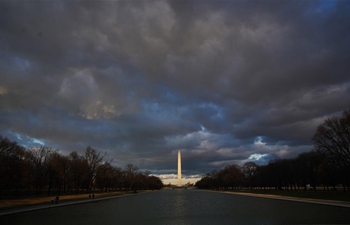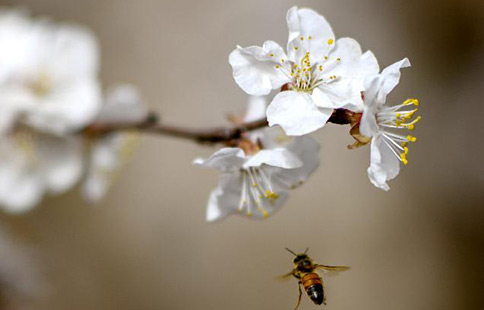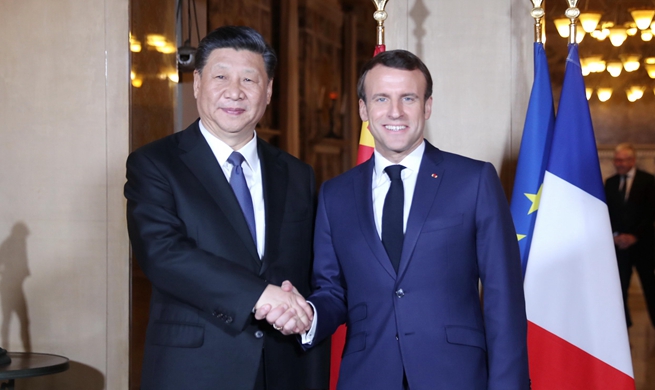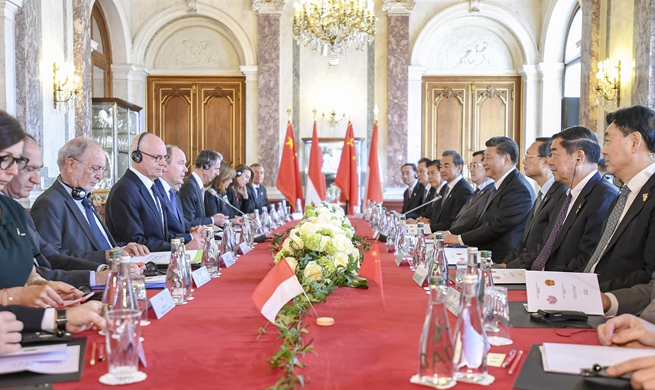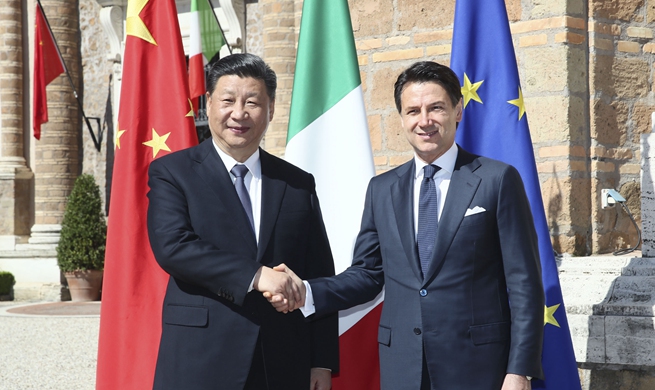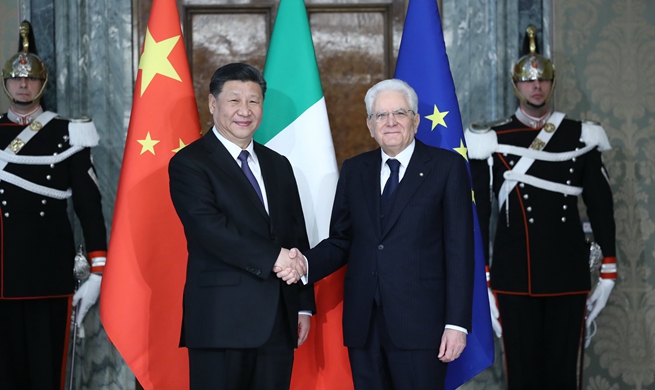CANBERRA, March 25 (Xinhua) -- Australian Prime Minister Scott Morrison announced Monday a landmark 496 million Australian dollar (350 million U.S. dollars) investment in cancer treatment and medical research.
Morrison and Health Minister Greg Hunt announced the Victorian Health and Medical Research Plan (VHMRP) in Melbourne on Monday, saying it would put the city "at the global forefront of cancer research."
The funds include 80 million Australian dollars (56.6 million U.S. dollars) to establish a national cancer treatment center at the Peter MacCallum Cancer Centre to offer treatments not previously available in Australia.
The Peter MacCallum center will also receive 25 million Australian dollars (17.6 million U.S. dollars) to establish the Centre of Excellence in Cellular Immunotherapy to provide CAR T-cell therapy, a treatment involves removing a patient's T-cells (a type of immune system cell), re-engineering them in a lab and reinserting them back into the body to attack and kill the cancer cells.
"This investment will be life-changing for so many of our sickest Australians, including many children battling cancer," Morrison told reporters.
"Our strong economic management means we can provide world-leading treatment options for patients in Melbourne, who have previously needed to travel to the United States to get support.
"Today's Health and Medical Research Plan cements Melbourne's place as a global leader in health and medical research, creating jobs while importantly providing support for Australian patients."
The remaining funding will be split among Victoria's hospitals, medical research institutes and universities. The Melbourne's Walter and Eliza Hall Institute of Medical Research will receive 25 million Australian dollars (17.6 million U.S. dollars) for a new national Drug Discovery Centre, which will aim to turn scientific discoveries into new medicines faster.
"The Victorian package puts Melbourne at the global forefront of cancer research and gives our patients the best chance of treating and beating cancer," Hunt said.



